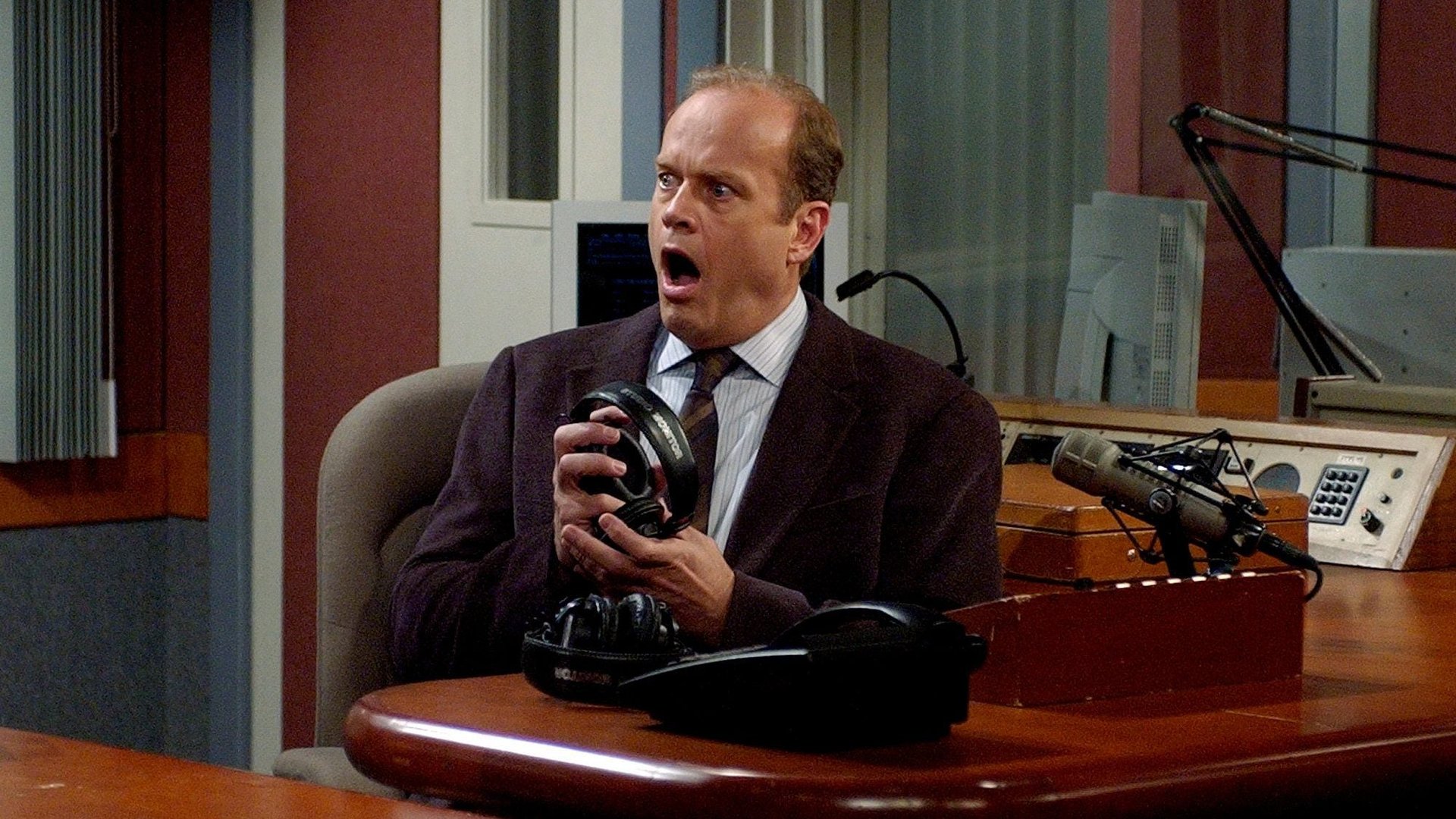Your next work assignment: Tune into this podcast
Waco is a town of 137,000 people in central Texas. It has six local television stations, about as many local newspapers and magazines, and more than a dozen local radio stations. An hour away in Round Rock sits the headquarters of Dell, the computer company, which employs 138,000 people globally.


Waco is a town of 137,000 people in central Texas. It has six local television stations, about as many local newspapers and magazines, and more than a dozen local radio stations. An hour away in Round Rock sits the headquarters of Dell, the computer company, which employs 138,000 people globally.
When you have an employee base equal in size to the population of a small city, your workforce is an audience of its own. And so Dell, a 35-year-old technology company, has decided to become a media company, too.
Last month, Dell rolled out the first of what it hopes will be a series of podcasts targeting employees. It’s using the podcasting format to share company updates, interview key executives, and dive into the specifics of Dell’s products. ”Given the fast-paced and digitally connected workforce of today, we must adapt to new ways of communicating,” says Matt Dunfee, a VP of sales at Dell.
Dell is part of a larger trend of large employers using multimedia to disseminate information to their employees around the world. Salesforce and AT&T both recently launched podcasts of their own. Goldman Sachs has had one since at least 2015 (recent episodes have focused on topics ranging from Poland’s economy to Asia’s private equity market to the rise of eSports).
“I think in the future, every company will have its own media station,” says Jen Grogono, CEO of podcasting company uStudio, which works with Dell, Salesforce, AT&T, and more than a dozen other major brands that have taken the podcast plunge. “Choose whatever metaphor you want—Netflix or Spotify for businesses—but multimedia on-demand is how people want to consume information.”
Grogono has a point. Between the dispersement of global workforces and the endless emails streaming into employees’ inboxes, changing the medium of communication might help important messages cut through the clutter. Podcasts let workers get the low-down on company information while they’re commuting or at the gym, rather than having to sit through a presentation at the office or sludge through a lengthy, impersonal email from corporate.
One reason employers may love these new mediums is it allows them to track results. “You can’t tell whether someone reads to line six or line thirty-six of an email, but [with multimedia] you can tell if someone has listened to the end,” Grogono says.
In Dunfee’s email announcing the podcast to his team at Dell, he acknowledges the problem loud and clear. “More importantly, if you’re the 1 person for every 10 who reads this email, please tap your peers on the shoulder and encourage them to join.”
Perhaps he’ll have better luck getting them to tune in with their headphones.